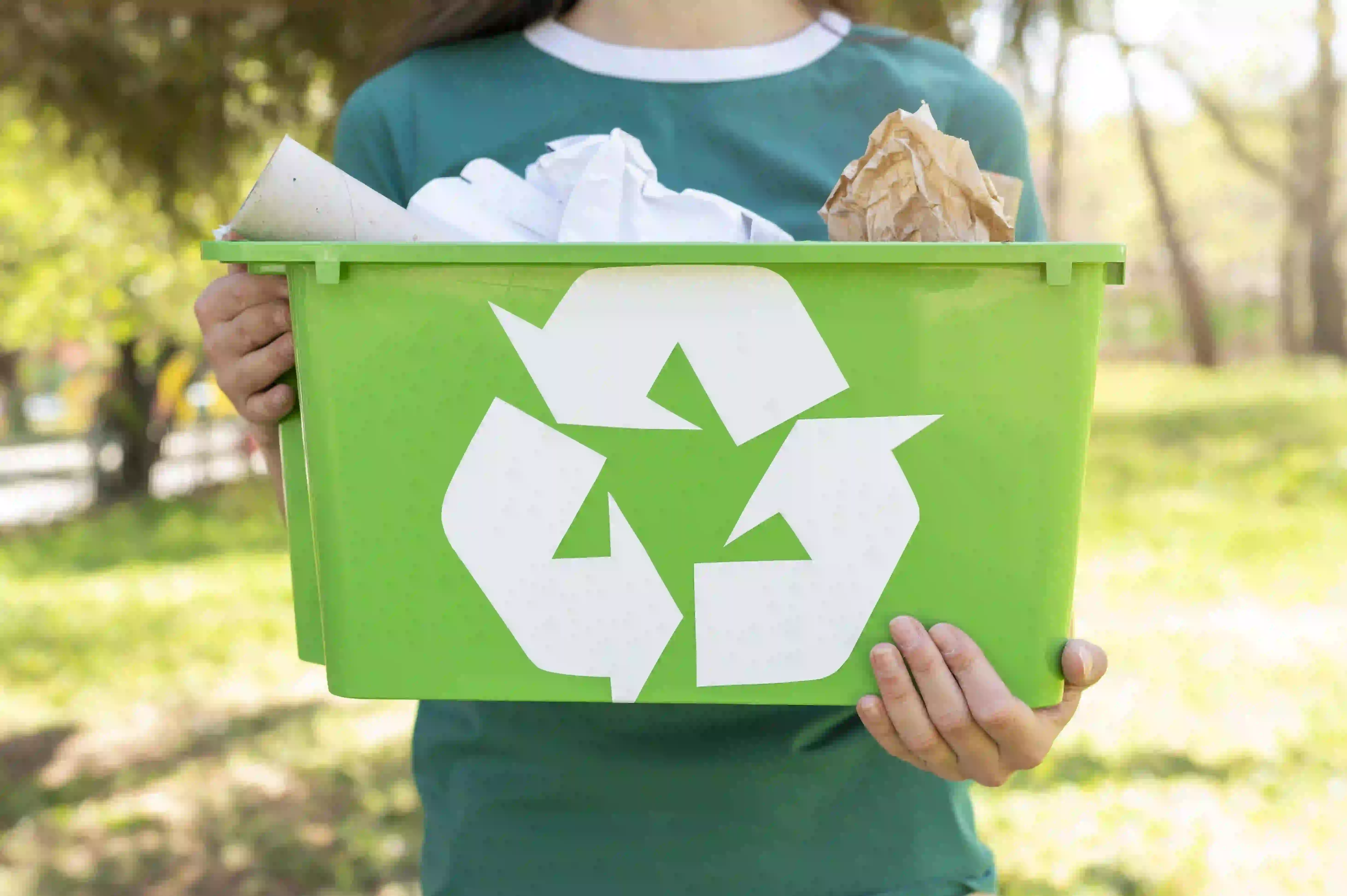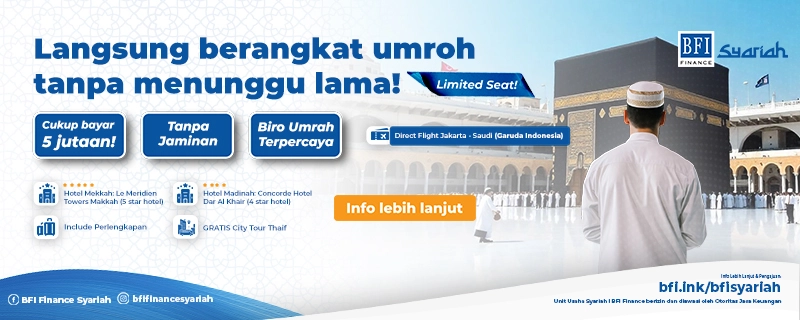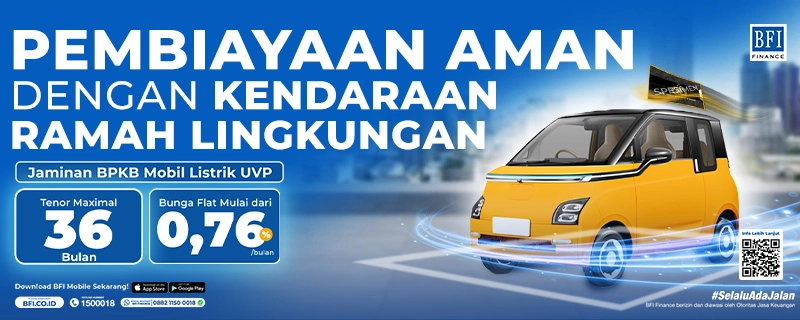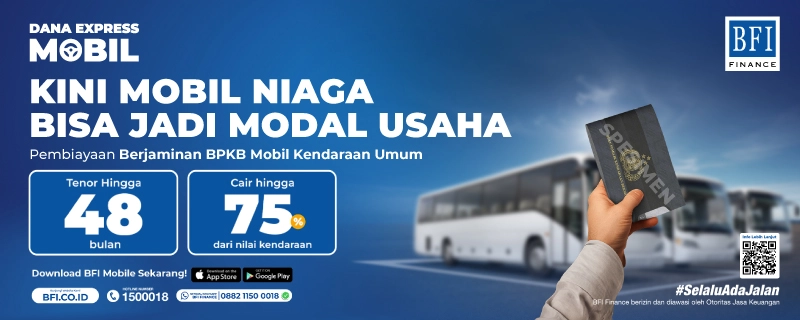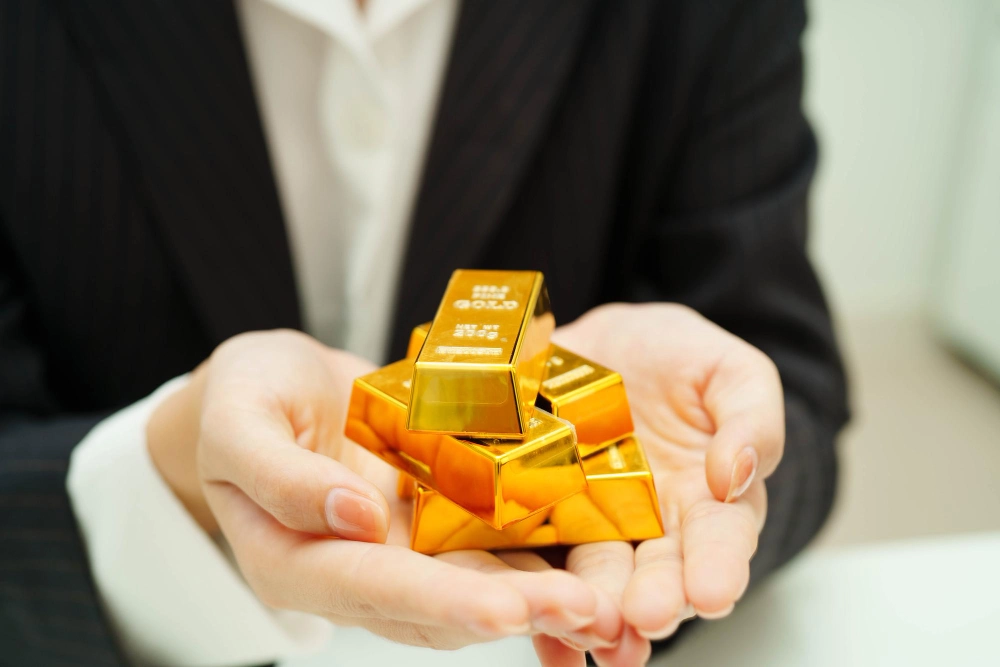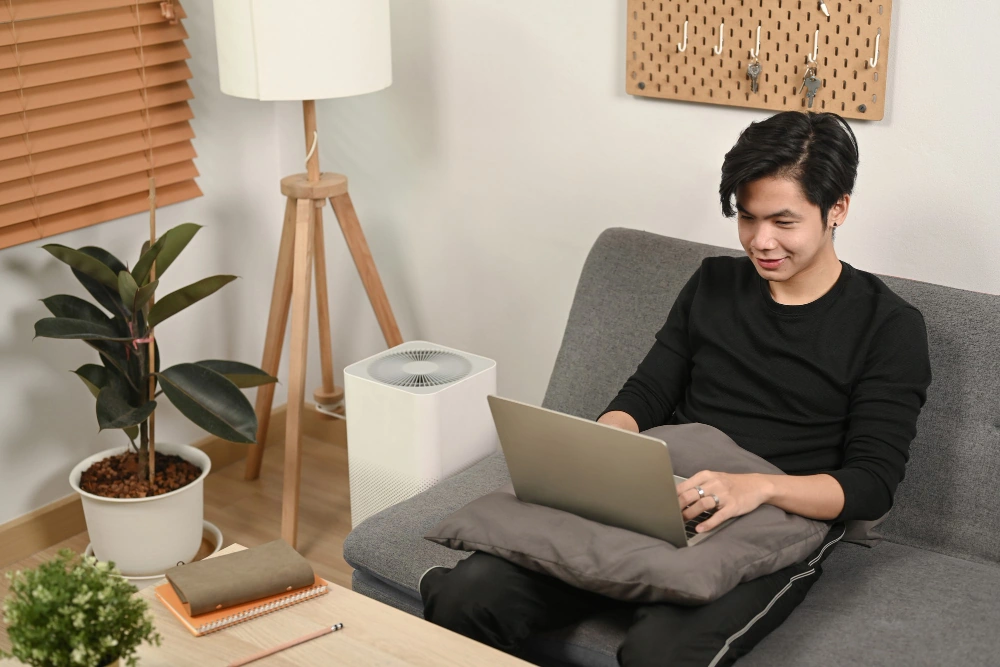In life, every living creature certainly produces daily waste, ranging from food waste, clothing, and other types of waste. The accumulation of garbage can cause damage and natural pollution. According to the Ministry of Environment and Forestry, only about 7% of Indonesia's waste can be recycled and another 69% is just buried in landfills with accumulated waste every day up to hundreds of thousands of tons.
It is very possible if the rest of the waste pollutes the environment, especially waste that is not managed properly. To get around this, some people have started promoting a zero-waste lifestyle. What is zero waste? For more information, let's see the information below.
What is Zero Waste
Zero waste is a lifestyle that aims to minimize waste products in order to preserve the environment. Basically, the concept of zero waste is a movement not to produce waste, but when viewed from the needs and lifestyles of most people, it seems difficult for individuals to reduce waste production by 100%. However, that does not mean that humans cannot reduce and minimize the use of waste with the 5 R principles, namely Refuse, Reduce, Reuse, Recycle, and Rot or refuse, reduce, reuse, recycle, and decompose waste.
Example of Zero Waste Application

How to implement a zero-waste lifestyle is as follows.
Reducing the Use of Plastic in Life

Based on data from the Indonesian Plastic Industry Association (INAPLAS) and the Central Statistics Agency (BPS), the amount of plastic waste in Indonesia has reached 64 million tons every year. About 3.2 million tons are dumped into the sea. Not surprisingly, in 2019, Indonesia became the second largest contributor to plastic waste with a total of 3.21 million metric tons/year.
With the large amount of plastic waste produced in Indonesia, BFI friends can take precautions by reducing the use of plastic in their daily lives. BFI friends can do the following ways:
- Bringing food and drinks using a dining area that can be washed repeatedly to avoid eating outside so that it has the potential to produce plastic waste
- Carrying and using bags/pockets every time you shop
- Avoid asking for plastic straws when ordering drinks outside or eating out
If you do the things above, then you have implemented the Reduce concept or reduced the use of single-use items such as plastic bags.
Recycling Unused Items
Next is to recycle unused items. If in your house there is a lot of waste made from wood, plastic, zinc, cans, and others, you can use the waste to create other forms. For example, cans such as plant pots, plastic bottles for storage, and so on. The activity of making furniture from other items is one of the applications of the Recycle concept in zero waste.
Utilizing Organic Waste

Next is to utilize organic waste as useful materials. If after cooking a lot of vegetables waste remains, you can use it as a stock. The process does take a long time, but you have contributed to reducing vegetable waste which can produce methane gas and become a factor in global warming.
Don't Order Too Much Food
Next is to not order food in excess. Based on data from the National Waste Management Information System (SIPSN), food waste in Indonesia will reach 46.35 million tons in 2021. To prevent excess food waste and reduce food inequality, make sure to buy or order food as needed. If they don't run out, you can wrap them in eco-friendly wrappers or use a dining area and eat them at another time.
Using Environmentally Friendly Cleaning Materials
Not only waste, one way to implement zero waste can also be applied through the use of environmentally friendly cleaning materials. Currently, many cleaning products are created using organic ingredients that are safe for the environment and the body. If you apply this lifestyle, your contribution to protecting your environment will be more complete.
Shopping for used goods/ Thrifting
Last but not least is shopping for used goods. Clothing is one of the necessities that humans need every day to protect the body. It's a shame if your clothes end up in landfills and pollute the environment. Therefore, if you feel bored with the clothes you have and the clothes are still in decent condition, then you can resell the product. On the other hand, you can also buy used clothes to avoid buying new clothes. This activity is one form of implementation of the Reuse concept or utilizing used goods that are suitable for use.
Benefits of Implementing a Zero Waste Lifestyle
In addition to protecting the environment, by adopting a zero-waste lifestyle, you can get benefits such as the following:
Become Healthier
One of the concepts of zero waste is to reduce the use of objects that can become waste such as plastic. As a result, you are encouraged to bring your own lunch box and supplies as needed. This is what will make life healthier. In addition, by bringing supplies you can save money.
Increase Creativity
The benefit of implementing a zero-waste lifestyle is to increase creativity. This happens when you are encouraged to be more creative by using the things around you to turn waste into something useful.
Save expenses
As is well known, the use of plastic bags when shopping will cost you around Rp. 200-500 per plastic. Therefore, if you buy a lot of things and choose to use plastic, then your expenses will also increase without you knowing it. Although it looks not so big, the nominal can be big if it is collected.
Business Opportunity from Zero Waste Lifestyle
According to the information above, living a zero-waste lifestyle, apart from being good for the environment, also has financial benefits. Well, this lifestyle can also be an opportunity to start a business, you know, BFI friends. Check out the business idea below.
Thrift Business
One business idea that can be used as an opportunity to generate income from a zero-waste lifestyle is the thrift business. A thrift business itself is a business activity selling used goods from abroad and domestically. The items being sold are not new, most of them have been used but are still usable. To reduce the growing waste of clothing, choosing thrift clothing is the choice of most individuals who care about the environment.
Check out the Capital Estimation and Profit Thrift Article in the following article.
Eco-Friendly Packaging Business

The next business that can be run by the many individuals who live a zero-waste lifestyle is an environmentally friendly printing business. Generally, plastic and styrofoam have been banned from use in food wrappers. Apart from being harmful to health, the use of these materials can also pollute the environment.
You can start an eco-friendly packaging business to target food, fashion, and other businesses that use multiple packaging as their business branding.
Read the Printing Business Guide in the Following Article
This is information about a zero-waste lifestyle and business opportunities that can be done to target targets or individuals who are starting to implement this lifestyle. Hopefully, this article is useful. If you intend to start a printing or thrift business, you can apply for a capital loan at BFI Finance.
Application for BPKB Motor Guarantee Loans
